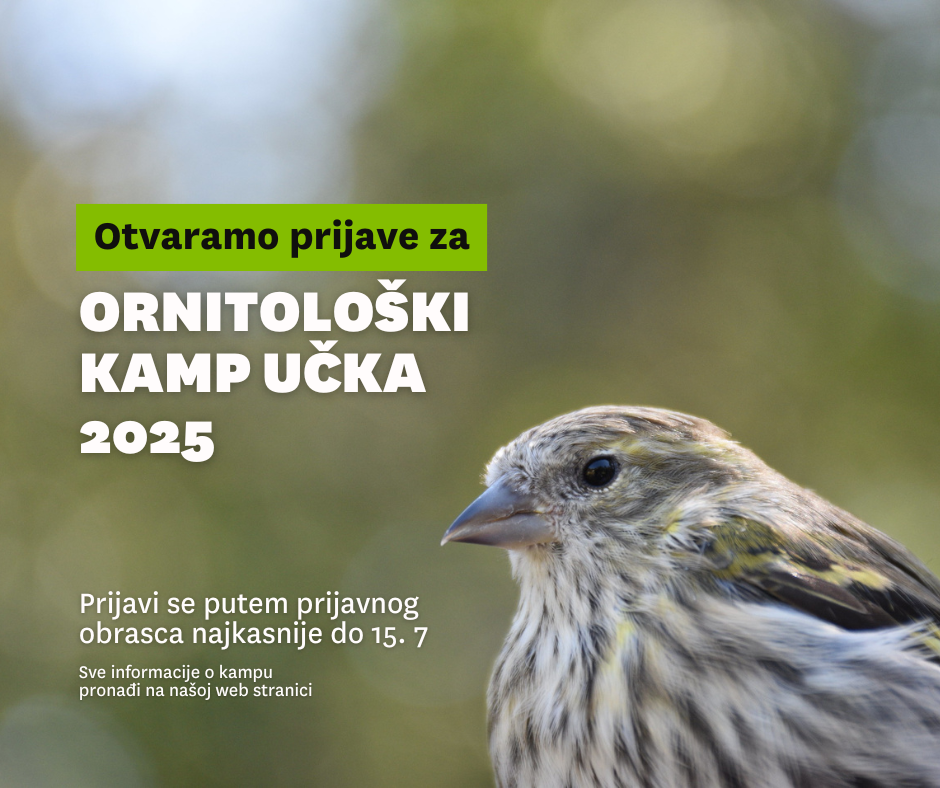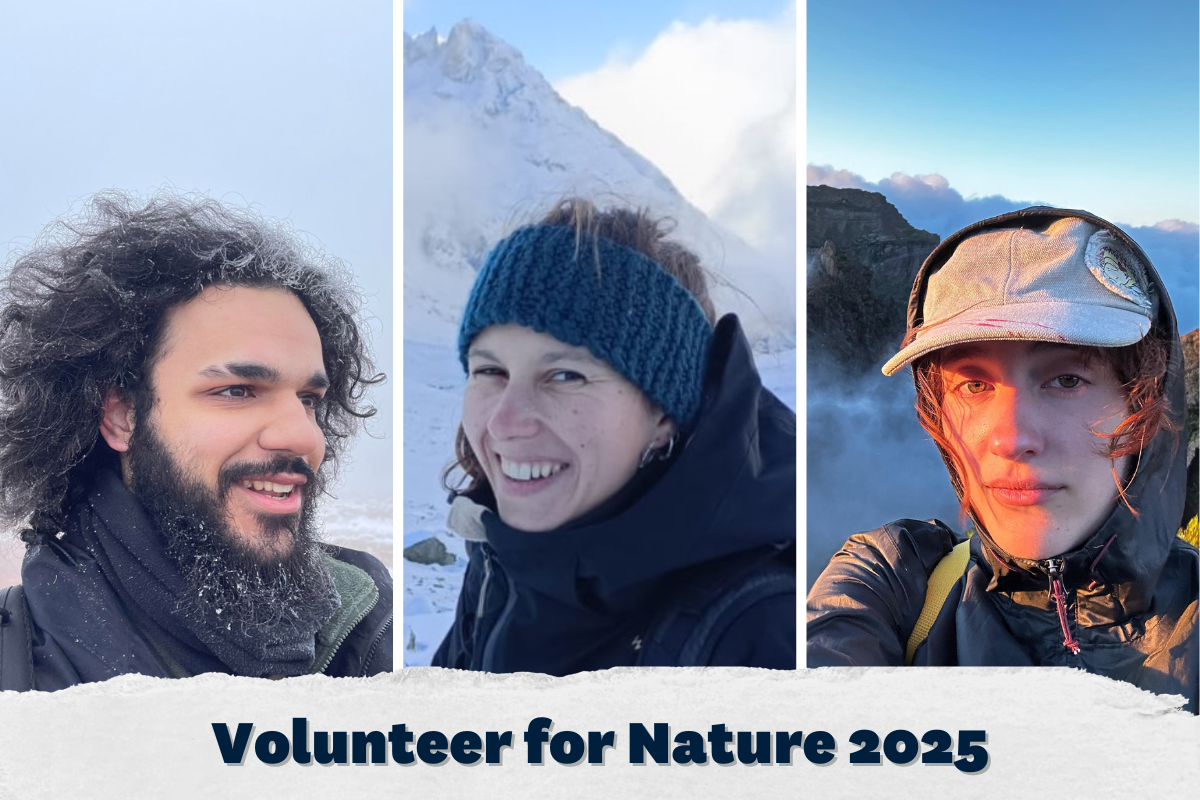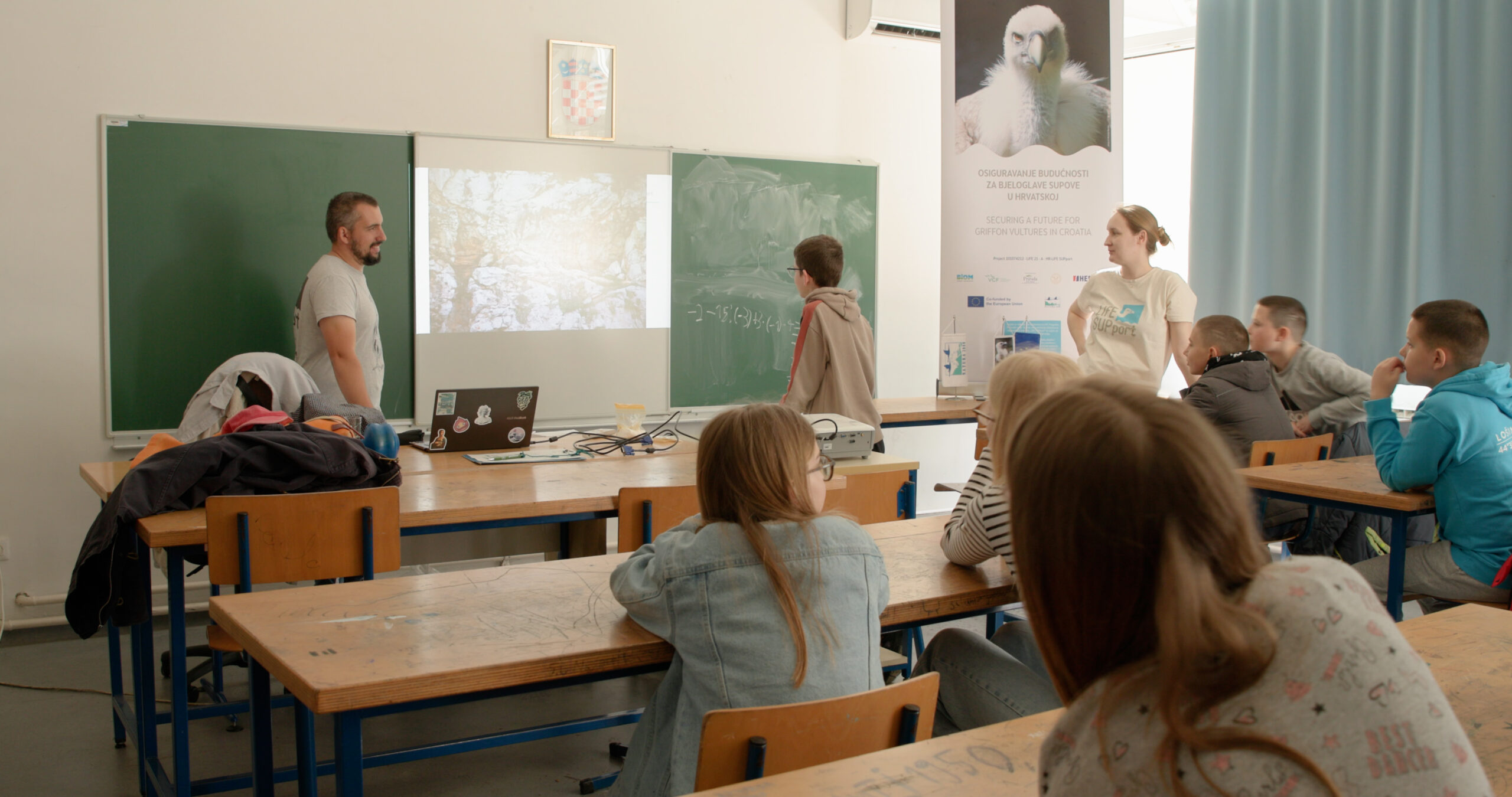 If you ever thought about nature conservation as a high level business you were one step ahead of me. Being a field biologist and office manager in a small NGO brought me many different experiences but IUCN’s European Conservation Forum in Bonn was definitely something new – something a bit exotic.
If you ever thought about nature conservation as a high level business you were one step ahead of me. Being a field biologist and office manager in a small NGO brought me many different experiences but IUCN’s European Conservation Forum in Bonn was definitely something new – something a bit exotic.
NGO BIOM sent an application for IUCN membership in May, and in August we got an invite to attend this forum as applicant. We accepted so I went to Bonn as a representative of BIOM.
 I never looked on nature conservation from the perspective of high class people, but this conference brought me that point of a view. When you are in a conference room which reminds you of TV footages of UN meetings and the same one is full of people in suits you can a feel bit out of your league if you represent a small NGO and you wear a peregrine falcon T-shirt financed from your last project. Anyway, nature conservation is not just pure field work punctuated with courses, workshops, science papers and grants. Someone has to fund all of that, to prepare guidelines, to secure good practice examples and to distribute all pieces of it. It seems to me that is the major role of IUCN.
I never looked on nature conservation from the perspective of high class people, but this conference brought me that point of a view. When you are in a conference room which reminds you of TV footages of UN meetings and the same one is full of people in suits you can a feel bit out of your league if you represent a small NGO and you wear a peregrine falcon T-shirt financed from your last project. Anyway, nature conservation is not just pure field work punctuated with courses, workshops, science papers and grants. Someone has to fund all of that, to prepare guidelines, to secure good practice examples and to distribute all pieces of it. It seems to me that is the major role of IUCN.
 I was thrilled with parts of IUCN – the influence it has (UN Permanent Observer Mission in New York, Environmental Law Centre in Bonn, European Union Representative Office), the knowledge it shares (Red Lists, Protected Area Management) and good things it is capable of (+1.000 member organizations and 11,000 volunteers in six commission).
I was thrilled with parts of IUCN – the influence it has (UN Permanent Observer Mission in New York, Environmental Law Centre in Bonn, European Union Representative Office), the knowledge it shares (Red Lists, Protected Area Management) and good things it is capable of (+1.000 member organizations and 11,000 volunteers in six commission).
Unfortunately, there are some bad things – a few of the participants shared their fears about green washing and the role IUCN has in it and a problem of conflicts inside IUCN was mentioned. Also, a voice was raised for a forum on EU subsidy policies. Those subsidies are somehow key in preserving biodiversity. Personally, I hope that IUCN will have a clear stand on that issue in the near future.
I was unprepared for discussions on IUCN Global Programme and European programme, Common Agriculture Policy, TEEB, food security, etc. Luckily, informal sessions gave me an opportunity to meet interesting people either from government bodies or national and international NGOs. All those people helped me to understand IUCN bit by bit. Also, I have the feeling those connections could result in capacity improvements for us, new projects or help on current ones.
In the end – does NGO BIOM need IUCN or could we benefit somehow from membership in IUCN. The same question can be raised vice versa. In my humble opinion, every member can contribute and every member has a mechanism to gain benefits from IUCN. It depends on us whether we will (at least) lobby for our interests which we find worthwhile and the appreciation from IUCN depends on our will and efforts.
Vedran Lucić







